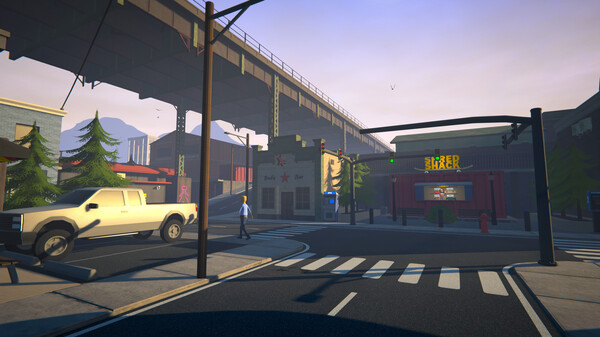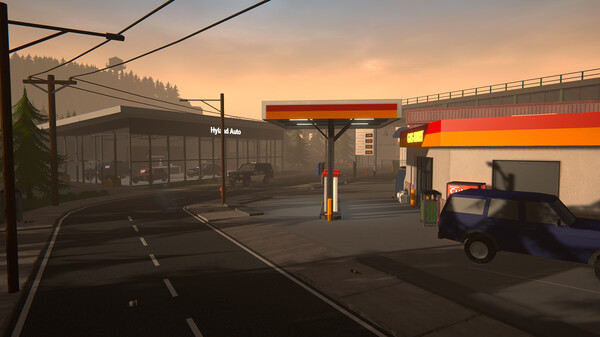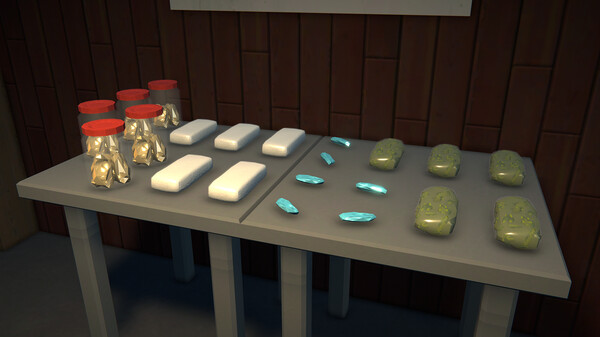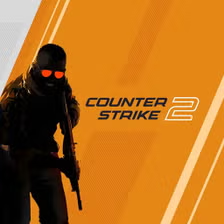Popular Now
A Deep Dive Into Schedule I’s Progression System Flaws
Introduction
Schedule I emerged as a bold experimental game that blends narrative depth with psychological exploration. While it succeeded in creating an immersive atmosphere, it faltered in delivering a satisfying progression system. This article takes a focused look at how the game’s leveling, pacing, and reward systems create dissonance in player engagement, ultimately undermining its long-term retention.
The Premise and Promise of Schedule I
Schedule I sets players inside the fragmented mind of a subject trapped within an experimental therapy simulation. The promise was clear: a layered progression through traumatic memories, personality shifts, and moral decisions.
Players expected narrative milestones tied to meaningful mechanical growth. However, the linear structure quickly reveals cracks once the illusion of agency begins to wear thin, causing dissatisfaction even among early adopters.
Chapter One Fatigue

First Signs of Trouble
The first chapter introduces novel mechanics tied to emotional states like rage, fear, and suppression but fails to escalate them with complexity. As a result, replaying or exploring alternative outcomes becomes stale rather than enlightening.
Player Dropoff Statistics
Community data shows that over 60 percent of players never complete Chapter One. This is a major red flag, considering how much narrative weight is supposed to be carried by early game progression.
Poor Reward Feedback Loops
Schedule I’s core issue lies in its reward system. Unlike traditional RPGs or narrative games that reward exploration or decision making, Schedule I often returns players to a neutral state after intense narrative choices.
There is no sense of growth or setback, just cycling. This undermines the very concept of progress, which is essential to drive player curiosity and effort.
Missing Reward Elements
-
Unclear stat progression
-
Lack of unique outcomes from player decisions
-
No tangible benefits from side quests or challenges
Emotional State Mechanics
Innovation Undermined
The game’s attempt to quantify emotional states and tie them to player abilities is groundbreaking on paper. However, the real-time fluctuation is so subtle and undocumented that most players fail to grasp its impact.
Without clear cause-effect relationships, players feel out of control. The UI lacks the transparency needed to make emotional shifts satisfying rather than confusing.
Chapter Three and the Illusion of Choice
By the time players reach Chapter Three, the game presents them with critical decisions about the patient’s recovery. However, these paths converge quickly, making the narrative branch illusionary.
This issue is particularly damaging because it contradicts the game’s marketed feature of personalized psychological storytelling. Players feel betrayed by their own investment.
The Flashback Loops

Memory Maze Without Meaning
Schedule I utilizes memory loops that let players relive past trauma to unlock new dialogue or insights. However, there are too many repeated assets and vague triggers, which cheapens the experience.
What should feel revelatory ends up feeling grindy. The balance between emotional impact and mechanical payoff is skewed heavily toward tedium.
Inconsistent Difficulty Scaling
One of the most frequently cited frustrations involves abrupt difficulty spikes tied to internal psychological battles. These events feel disjointed from the rest of the game and often rely on trial and error.
The result is a disconnect between narrative pacing and gameplay challenge. Players are either rushed through emotional beats or halted unexpectedly, breaking immersion.
The Broken Journal System
The in-game journal is meant to track psychological growth and player decisions. Unfortunately, it is incomplete and buggy in several versions. Players have reported lost entries, broken timelines, and incorrect reflections.
This system was intended to be a meta commentary on memory and identity but its technical faults make it a liability rather than an asset.
Community Mods to the Rescue

In response to Schedule I’s issues, modders have taken steps to rework major systems. Mods that clarify emotional stats, offer alternate endings, and overhaul the journal are among the most downloaded.
This demonstrates a passionate player base that sees the game's potential even if the developers have yet to deliver on it fully.
Lessons From Outer Wilds and Disco Elysium
Games like Outer Wilds use curiosity driven exploration with clearly defined feedback loops. Disco Elysium ties narrative choices to mechanical evolution and skill interplay with finesse.
Schedule I would benefit immensely from adopting similar clarity in progression and more visible consequences of choice. Giving players a sense of authorship over their story is essential.

















